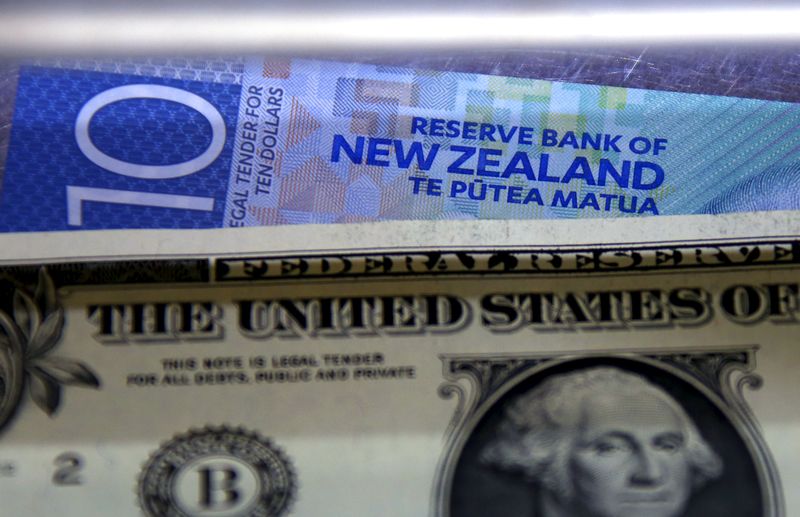The currency pair experienced a rebound from its weekly lows, trading higher near 0.5930 during the Asian session on Thursday, Nov 09, 2023. The rise was attributed primarily to a weakening US dollar rather than the impact of China’s mixed economic data. This data included a 0.2% yearly fall in October’s Consumer Price Index (CPI) and a slightly better-than-expected 2.6% decrease in the Producer Price Index (YoY), which seemed to have no effect on the NZD/USD.
The (DXY), reflecting the greenback’s strength against a basket of six major currencies, marked its second consecutive day of losses, trading around 105.50. These losses were influenced by downbeat US Treasury yields and increasing market uncertainty surrounding future interest rate hikes.
Despite resistance against interest rate cuts, Federal Reserve Governor Michelle Bowman hinted at potential short-term rate increases. Her statement added to the prevailing market uncertainty. In contrast, Neil Kashkari, President of the Minnesota Federal Reserve, voiced concerns over the adequacy of rate hikes considering the economy’s resilience.
Simultaneously, the New Zealand Dollar faced pressure due to a pessimistic global economic outlook and New Zealand’s significant exporter status. The Reserve Bank of New Zealand’s (RBNZ) inflation report forecasted price declines due to an anticipated economic slowdown, adding further pressure on the NZD.
Market participants were awaiting insights from Federal Reserve Chair Jerome Powell, who was scheduled for a panel discussion later on Thursday. His comments were expected to provide further clarity on the direction of US monetary policy and its potential impact on global currency markets. The contrasting views within the Fed between Governor Michelle Bowman and Minnesota Fed President Neil Kashkari highlighted the complexity of the economic outlook.
This article was generated with the support of AI and reviewed by an editor. For more information see our T&C.
Read the full article here



